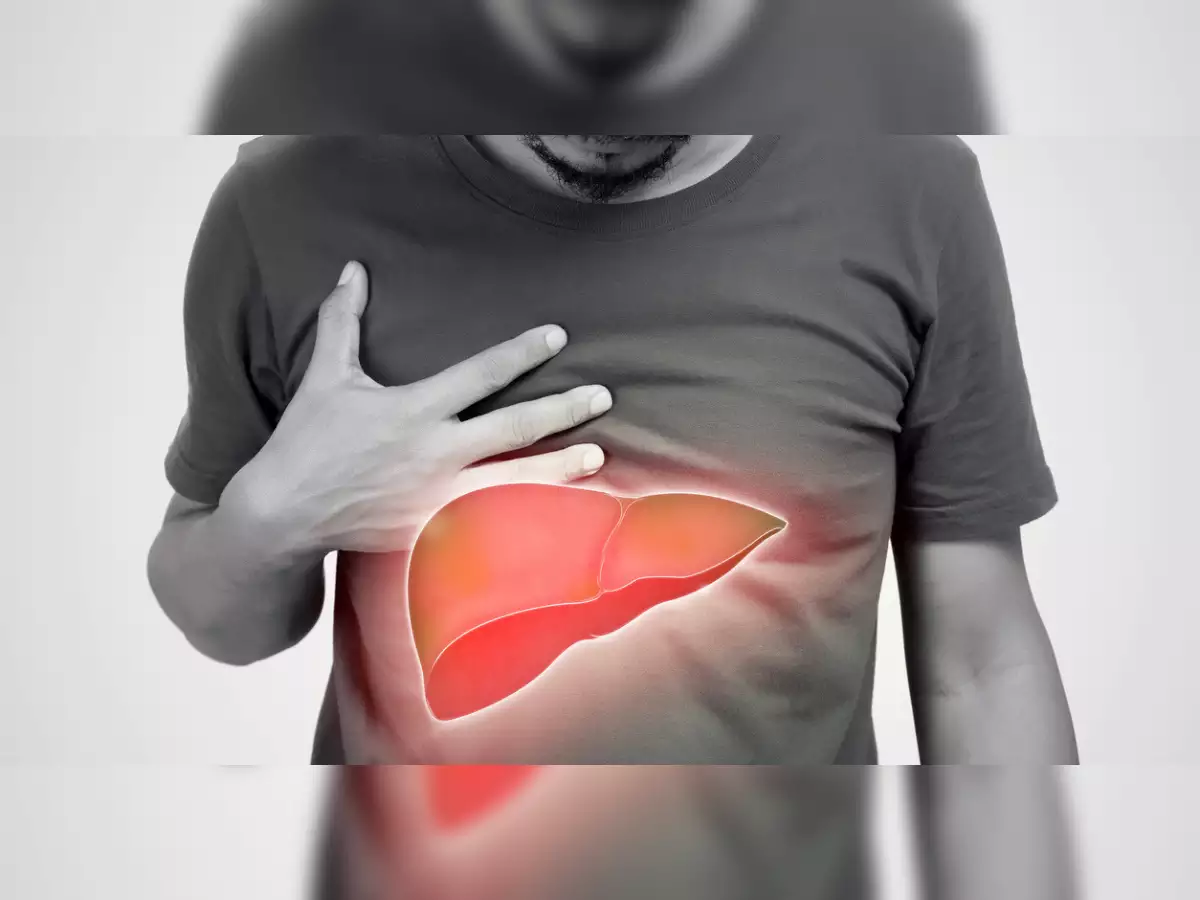The liver, that essential organ in our anatomy, performs vital functions. From filtering out toxins to regulating cholesterol, its importance is undeniable. But what happens when the liver faces hepatic complications?
What is the liver and its functions in the body?
The liver, located in the upper right abdomen, not only filters toxins from the blood but also produces bile for fat digestion, stores glucose, and regulates cholesterol. Additionally, it plays a key role in protein synthesis and metabolizes medications.
How to identify hepatic complications?
Signs of liver problems include persistent fatigue, loss of appetite, jaundice (yellowing of the skin), and abdominal discomfort. Asymptomatic cases underline the importance of regular medical examinations for early detection.
What are the causes that originate them?
From fatty liver disease to viral hepatitis, various conditions can trigger hepatic complications. Factors like obesity, diabetes, and genetic predisposition also contribute. Identifying the underlying cause is essential for effective treatment.
Hepatic Complications: How to manage them in time?
Early detection is crucial. Adopting a healthy lifestyle, with a balanced diet and exercise, prevents many complications. Limiting alcohol consumption and getting vaccinated against hepatitis are preventive measures. Periodic evaluations are essential, especially for those with risk factors.

What modern treatments are applied to patients?
Medical advances offer treatments tailored to underlying causes. Specific medications, antiviral therapies, and lifestyle changes are strategies. In advanced cases, such as cirrhosis, liver transplantation is a vital option.
In conclusion, the liver, that internal engine, requires special care. By understanding its functions and being alert to complications, we can preserve liver health. Above all, early identification, preventive management and modern treatments are powerful tools. Maintaining dialogue with health professionals and advocating a healthy lifestyle are steps to keep our liver in optimal condition and safeguard our general health.














